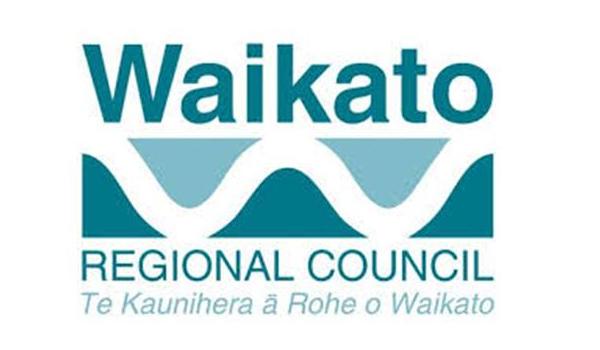Kauri can be saved, but a Government decision not to provide funding this year for a national programme looks to threaten work to protect our regional and national taonga.
Despite allowing funding for the iconic kauri to the tune of $20.75 million over 4 years for strategic science only, there was no additional funding this year for operational managment to stop the spread of kauri dieback. This is a soil-borne organism that affects kauri, no matter the age and size, eventually killing the tree.
At a recent meeting Waikato regional councillors backed a campaign advocating for additional funding from Government. The move was supported by the Hauraki Gulf Forum, which met on Monday (19 August).
A joint letter has been sent to Minister of Biosecurity Damien O’Connor and Minister of Conservation Eugenie Sage expressing disappointment that no further funds were allocated for active management of kauri dieback.
The letter – from Auckland Council and Waikato, Northland and Bay of Plenty regional councils – has urged reconsideration of the government’s position on operational funding of the National Pest Management Plan for Kauri Dieback.
Waikato Regional Council’s decision to lobby the government follows a report which warns that Waikato communities will be affected by the reduction in the level of service supporting kauri protection. The report notes that “community expectations for improved action were raised through three rounds of public consultation” on the development of a national plan to protect kauri.
The report says: “In the absence of a well-resourced national programme, kauri dieback will continue to spread unabated in the Waikato. The impact of the organism in iconic forests and highly valued ecosystems is likely to be very significant.”
The report adds that “delays in operational management and activities increase disease risks”.
Chair Alan Livingston said the council’s effectiveness in kauri dieback management will be “severely impacted without adequate central government support across all activities, including regulation, enforcement, monitoring, surveillance and soil testing”.
Given the importance of kauri, Cr Livingston said the council was also concerned to learn that the Department of Conservation did not receive additional funding, and would therefore be unable to step up their work on public land.
Cr Livingston said, “It is important we join with others battling the kauri dieback disease, as well as talk with iwi who have a strong spiritual connection with kauri.”
Councillors agreed the kauri is iconic to all New Zealanders. It is the prodigy of Tane Mahuta, god of our forests, and Māori perform karakia for this iwi treasure, but “it’s dying and we don’t have the money to save it, we need a well funded national kauri protection programme”.

